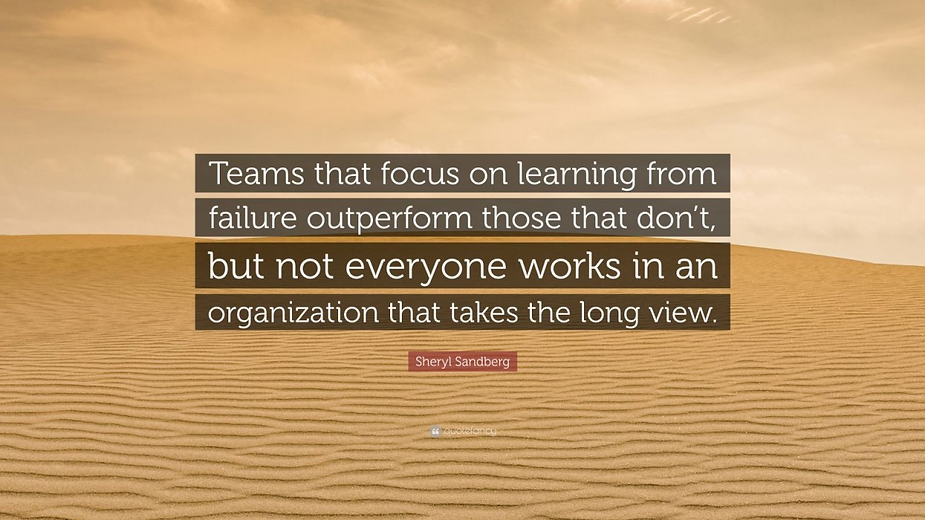It has often been said that failure is part of life, and that successful people are those who are not afraid to fail. What no one says is that your philosophy on failure is a great contributor to your relationship with failure and success.
Here is a personal confession. People have “labelled” me as a perfectionist, someone who is keen on having things go right all the time. A label that I fought and denied. I told people that all I was doing was seeking excellence and there is a difference between the two (yes there is). But as I kept thinking about why I do things the way I do, I realized it had everything to do with my upbringing. See, I am the firstborn, raised by one parent, and taught how to be self-reliant. From as early as 7 years, I learnt how to clean and take care of myself. It was ingrained in me that if I messed up, no one was going to rescue me, so I needed to always be cautious about what I did. In addition, I was reminded to “always wear the shoe that fits me.” Good solid advice that has resulted in the following:
- I learnt how to be a good planner- I make waterproof plans (most times).
- I became independent because I did not have a choice and hence, I also became extremely focused and most times, I will always achieve what I set out to.
- My risk appetite is extremely low because I cannot afford to invest and fail.

It was only a few years back, that I made the connection between my perceived “perfectionism” and my upbringing. The same mantra that taught me to be focused, agile, humble, practical, and independent also made me believe that in the event I made mistakes, I had to live with them. There was no one I could run to, no one was going to rescue me when I messed with my finances, life, work/career, and education. As such, my subconscious has over the years been seeking perfectionism as an attempt to avoid mistakes and failure at all costs.
Me (Kenyanese) who constantly encourages people to be okay with failure, to be willing to evolve, learn and unlearn things discovered I have been afraid of failure because I did not have a place to go to in case I failed. Despite my agility, I have always been afraid of failure because I did not have a guarantee of redemption and that is why I needed to always get it right the first time, all the time.
“Only those who dare to fail greatly can ever achieve greatly.” – Robert F. Kennedy
Sherly Sandberg’s her book, Option B, has opened my eyes to what I now call ‘What’s your philosophy on failure.” In her book, she writes that everyone is guaranteed to fail at something at one point in time, but it is how we face and respond to failure that makes the difference between us. In her words, you can score an E on a test, but score an A in how you manage the E. When I think of myself and others, I now believe the following:
1. Your philosophy on failure has a direct influence on how you lead self, lead others, measure performance and your definition of success.
2. Your philosophy on failure as a leader defines your organizational philosophy on failure. Sheryl Sandberg says: “When failures, mistakes and tragedies happen, organizations make choices that affect the speed and strength of their recovery and often determine whether they collapse or thrive.” This begs the question, how easy is it for us, our teams, and organizations to admit we have failed? How often do we conduct reviews to assess why we failed and how we can do better as opposed to “who let us down or who failed.” How authentic are we to admit that sometimes we do not fail because of what we did but because of what we did not do? That suggestion that was offered in a team meeting that was ignored because of the “source’ is what led us to fail.
So, I ask, what is your philosophy on failure?
1. What is your organizational philosophy on failure?
2. What culture and systems have you set in place for yourself, your teams, and organizations to recognize failure, accept failure and recover from it?
3. What is your philosophy on failure?
#LeadershipReflections
#LeadingAuthetically
#DevelopingPeople&Organaizations
#Whatisyourphilosophyonfailure



